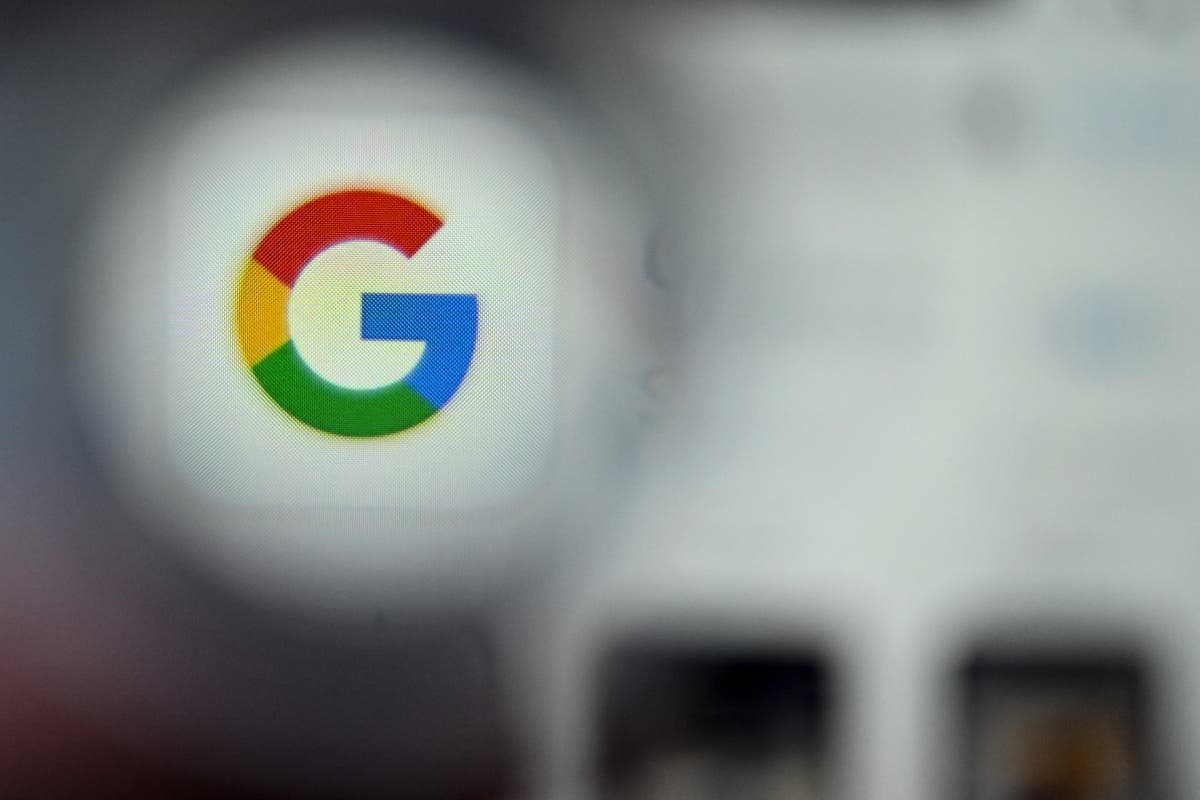Google is reportedly considering placing certain AI-powered search features behind a paywall, a departure from its longstanding model of offering free access to its core products.

Also Read: Spotify Adds Video-Based Learning Courses in the UK
Google’s revenue architecture has long been by its advertising, with search-related ads constituting a lion’s share of its earnings, totaling a $175 billion in the previous year.
As the specter of generative AI looms large, Google finds itself at a crossroads, struggling with the imperative to innovate while safeguarding its financial fortifications. The company’s dalliance with endeavors, evidenced by its $305.6 billion in revenues in 2023.
The revenue model has relied on advertising, with search and related ads contributing over half of its total sales, amounting to a $175 billion last year.
The emergence of generative AI applications, OpenAI’s ChatGPT, has a challenge to traditional search engines by providing quick and complete answers to user queries.
The competitive threat posed by ChatGPT made Google to explore new revenue streams and innovations, leading to the consideration of charging for premium AI-powered search features.
Google is evaluating the possibility of integrating AI-powered search features into its existing premium subscription services, such as Gemini, its AI assistant.
While the traditional search engine would remain free of charge, subscribers would gain access to enhanced search capabilities alongside ads.
Engineers at Google are actively working on developing the necessary technology to deploy the AI-powered search service.
Executives have not yet reached a final decision on the launch timeline or the specific features to be included in the premium subscription.
The company’s journey into AI has not been without hurdles, as evidenced by controversies surrounding Gemini’s erroneous image generation.
The company remains the force in the global search engine market, has over a billion daily users and a desktop market share exceeding 80%.
The introduction of paid AI-powered search features signifies efforts to diversify its revenue streams beyond advertising.
While advertising remains its primary revenue source, Google has expanded its offerings to include mail, productivity tools, enterprise products, and mobile devices, generating revenues of $305.6 billion in 2023.
The move comes when competition in the AI space with tech giants like Microsoft and Meta also investing in AI-powered assistants and chatbots. Microsoft’s Bing search engine has integrated GPT-powered search and chatbots.
Also Read: China Block use of Intel and AMD Chips in Government Computers
The integration of AI-powered search features into premium subscription services represents the ongoing efforts to innovate and adapt to user needs.
The company’s revenue stems from advertising, with a reported $175 billion generated from search and related ads last year.
The company has been exploring avenues in recent years, with revenues of approximately $305.6 billion in 2023, according to Statista.
The advent of generative AI applications, exemplified by OpenAI’s ChatGPT in late 2022, has spurred major tech firms to integrate AI technologies into their offerings.
Microsoft, Facebook’s Meta, and Google, among others, have invested in AI-powered assistants and chatbots.
The reaction to the AI revolution includes the development of Gemini, its AI assistant akin to ChatGPT, and the exploration of AI-powered search features.
Executives are reportedly mulling over the integration of certain AI features into premium subscription services, potentially behind a paywall.
Google is examining the feasibility of adding AI-powered search features to its existing subscription services, particularly focusing on Gemini.
While the traditional search engine would remain free, subscribers may gain access to enhanced AI capabilities.
Google remains the force in the search engine market, has over a billion daily users and a solid 80%+ market share since 2015.
Also Read: Hindenburg Research Alleged Equinix of Accounting Manipulation



:max_bytes(150000):strip_icc()/GettyImages-1337403704-5710c1b50e484526a65ecbb62c7df0ab.jpg)




















